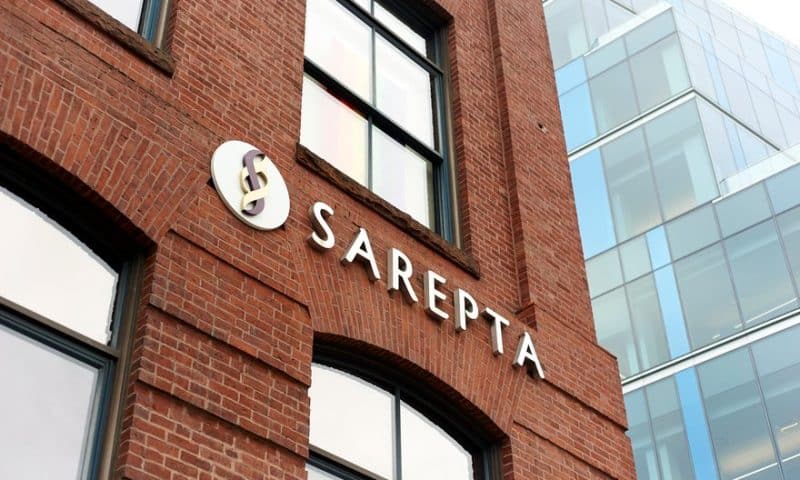Sarepta Therapeutics will pay GenEdit up to $57 million in the near-term for access to the Eli Lilly-backed biotech’s non-viral delivery platform for gene editing therapies.
The gene therapy maker will combine its gene editing technology with GenEdit’s so-called NanoGalaxy platform to target up to four neuromuscular indications selected by Sarepta, the companies said Tuesday.
The tie-up comes after a bout of bad news for Sarepta, which dumped a gene therapy for a neurodegenerative disorder in partnership with Lysogene a few weeks ago. Sarepta’s shares also dropped about 15% when the biopharma said last month it was planning to ask the FDA to approve its fourth Duchenne muscular dystrophy treatment as soon as next year.
Now, Sarepta is attempting to add to its gene editing pipeline through the collaboration with GenEdit. The biotech was cofounded by CEO Kunwoo Lee, Ph.D., who worked on CRISPR-Cas9-based research in DMD with CRISPR pioneer Jennifer Doudna while he was at the University of California, Berkeley.
GenEdit’s nonviral polymer nanoparticles are meant to stave off safety concerns while delivering gene editing therapeutics to specific tissues with functional activity maintained after repeat dosing.
With an internal focus in neurology and immunology, the Sarepta collaboration in neuromuscular conditions is a “fantastic place to show how the platform works,” Lee said in an interview. Lee characterized the joint work as “connecting the right payload to the delivery system.” Sarepta gets exclusive option rights to license GenEdit’s polymer nanoparticles in exchange for the initial payment and future undisclosed biobucks and tiered royalties.
The GenEdit CEO declined to disclose when the programs will make it into human trials. The two companies initially teamed up in December 2020 and, through initial in vivo work, have shown that GenEdit’s polymer nanoparticles are able to deliver genetic medicine cargos to specific tissue in muscles after IV administration.
GenEdit and other biotechs are trying to improve on the more familiar gene therapy delivery method, known as adeno-associated virus, which has a few lingering safety concerns. The FDA considered some of these issues in a two-day advisory meeting last fall, focusing on approved gene therapies like Novartis’ Zolgensma and Spark Therapeutics’ Luxturna.

